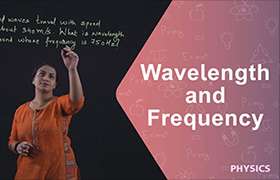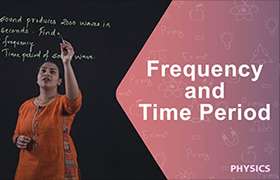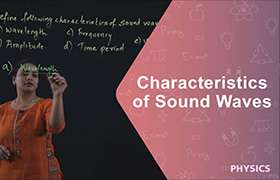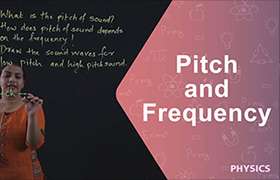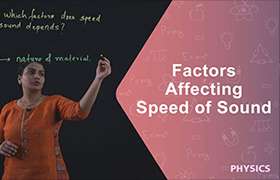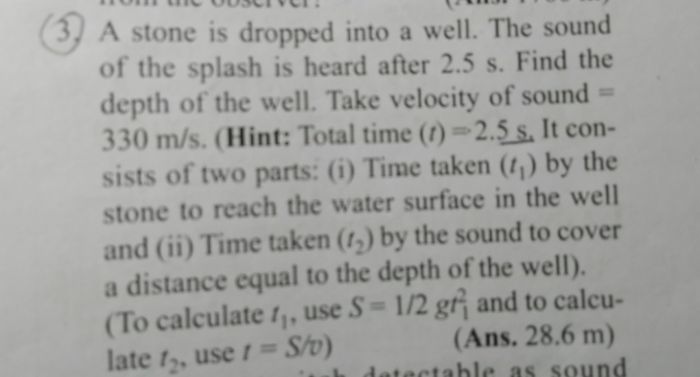CBSE Class 9 Answered
About reverberation and echo
Asked by | 08 Feb, 2012, 09:42: PM
Echo and reverberation (or reverb) refers to the effect of sounds reflected off solid objects, such as walls or ceilings in a theater or rocks in a valley. They are differentiated by the length of time between the initial sound and the reflected one.
REVERBRATION
-
If this distance is short, such as in a room or theater, the sound will be reflected back to the source in less than one-tenth of a second. This effect is reverberation. Because there is such a small delay in the sound repetition, sometimes only a few milliseconds, reverberation is often perceived by a listener as adding fullness to the original sound.
Reverberation will often be added to recorded music to better simulate the sound of a live performance, or to enhance the tone by making a thin sound fuller.
ECHO
Echo does not add to the original sound as reverberation does, but is perceived as a distinct repetition of the sound, usually slightly fainter than the original. The sound is weaker because of the energy lost as the sound waves travel the greater distance.
Answered by | 08 Feb, 2012, 10:18: PM
Application Videos
Concept Videos
CBSE 9 - Physics
Asked by manaskumarbiswasbrb | 04 Feb, 2023, 08:35: PM
CBSE 9 - Physics
Asked by sm6878261 | 12 Jan, 2023, 07:42: AM
CBSE 9 - Physics
Asked by pooja12366764 | 25 Jan, 2022, 10:46: PM
CBSE 9 - Physics
Asked by ashishyadav | 22 Mar, 2021, 05:20: AM
CBSE 9 - Physics
Asked by Alamglassfebricartion | 16 Mar, 2021, 09:57: AM
CBSE 9 - Physics
Asked by mursaleenmalik1962 | 14 Dec, 2020, 07:18: PM
CBSE 9 - Physics
Asked by dwarakanathan.s | 19 Apr, 2020, 07:02: AM
CBSE 9 - Physics
Asked by upmasoodpassi | 05 Apr, 2020, 11:09: AM

